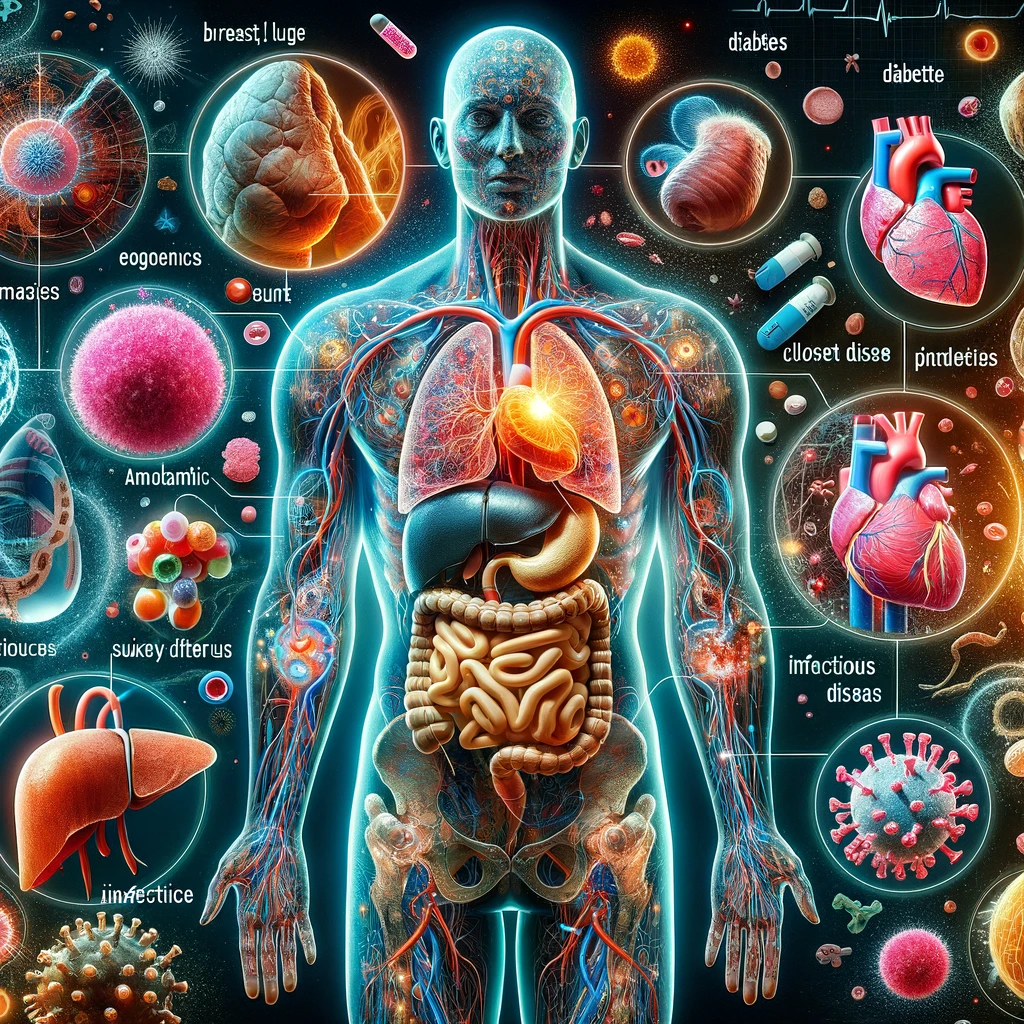
Centre Scales Up Nationwide Cancer and NCD Care Infrastructure Under NHM and PM-JAY
The Union Minister of State for Health and Family Welfare, Prataprao Jadhav, informed the Lok Sabha that the Government of India is significantly expanding its infrastructure and support for the prevention, screening, and treatment of cancer and other non-communicable diseases (NCDs) across the country.
As part of the National Programme for Prevention and Control of Non-Communicable Diseases (NP-NCD) under the National Health Mission (NHM), the central government is providing both technical and financial assistance to states and union territories. Under this initiative, 770 District NCD Clinics, 233 Cardiac Care Units, 372 District Day Care Centres, and 6,410 NCD clinics at Community Health Centres have been set up to strengthen the public healthcare network.
In a major push for early detection, a population-based screening programme targeting common NCDs—including oral, breast, and cervical cancers—has been rolled out through Ayushman Arogya Mandirs, which deliver comprehensive primary health services in both rural and underserved areas. This screening programme is part of the 12 essential service packages offered at these centers.
To address cancer care at an advanced level, the Centre has implemented the Strengthening of Tertiary Cancer Care Facilities Scheme, which has led to the establishment of 19 State Cancer Institutes (SCIs) and 20 Tertiary Cancer Care Centres (TCCCs). Furthermore, all 22 new AIIMS institutions have received approval to develop comprehensive cancer treatment units equipped with diagnostic, surgical, and medical oncology services.
Flagship institutions such as the National Cancer Institute (NCI) at Jhajjar, with its 1,460 patient beds and cutting-edge diagnostic facilities, and the second campus of the Chittaranjan National Cancer Institute in Kolkata, housing 460 beds, are now playing pivotal roles in delivering super-specialty care.
In parallel, the government’s health insurance scheme, Ayushman Bharat Pradhan Mantri Jan Arogya Yojana (AB PM-JAY), has provided ₹5 lakh per family annually for secondary and tertiary hospitalization to over 55 crore beneficiaries. This scheme now also covers all citizens aged 70 and above, regardless of their income levels. The latest iteration of the Health Benefit Package (HBP) under PM-JAY includes 1,961 procedures across 27 specialties, encompassing a wide spectrum of cancer treatments.
So far, over 68 lakh cancer treatments worth more than ₹13,000 crore have been provided under PM-JAY, with over 75% of beneficiaries hailing from rural areas. Notably, more than 4.5 lakh targeted therapies worth ₹985 crore have also been administered, once again with the majority of patients coming from rural regions.
Looking ahead, the Union Budget 2025–26 has proposed the establishment of 200 Day Care Cancer Centres (DCCCs) in district hospitals during the current financial year, as part of a three-year plan to decentralize cancer care services. These centers will be set up in coordination with state and UT governments.
To ensure strategic placement of these new facilities, a comprehensive gap analysis has been conducted to evaluate current cancer care infrastructure, personnel, and equipment at the district level. Based on this analysis, the government aims to prioritize districts with a high cancer burden and limited access to care. The upcoming DCCCs will be linked with existing SCIs and TCCCs to create a seamless referral and treatment system for cancer patients across India.